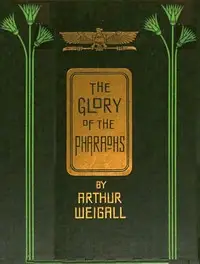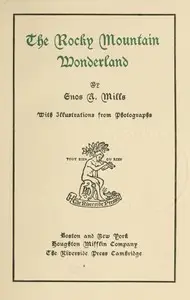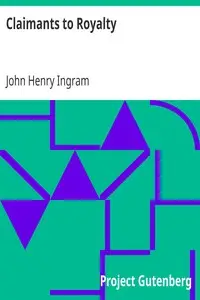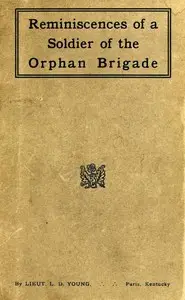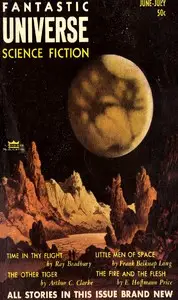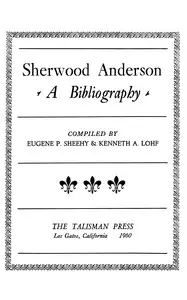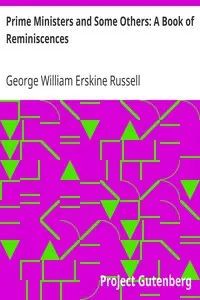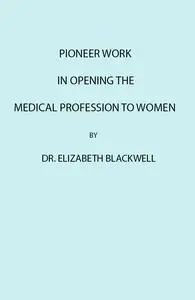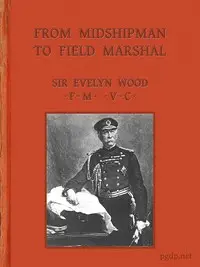"Woman of Achievement" by Benjamin Griffith Brawley is a historical account written in the early 20th century that highlights the significant contributions of notable Black women in American society. The book focuses on the lives and accomplishments of influential figures such as Harriet Tubman, Nora Gordon, Meta Warrick Fuller, Mary McLeod Bethune, and Mary Church Terrell. Its likely purpose is to celebrate and document the accomplishments of these women, emphasizing their roles in uplifting the Black community and contributing to various fields. In "Women of Achievement," Brawley presents a series of biographical sketches that showcase the tenacity, courage, and impact of these remarkable women. Harriet Tubman is depicted as a heroic figure who led many to freedom through the Underground Railroad. Nora Gordon's journey as a missionary in Africa highlights her dedication to service. Meta Warrick Fuller is recognized for her contributions to sculpture, reflecting the struggles of the African American experience. Mary McLeod Bethune's establishment of an educational institution for Black girls and her community initiatives reveal her commitment to education and social progress. Lastly, Mary Church Terrell's activism and influence in public discourse illustrate the important role of Black women in advocating for civil rights. Collectively, these narratives showcase the power of resilience and serve to inspire future generations. (This is an automatically generated summary.)
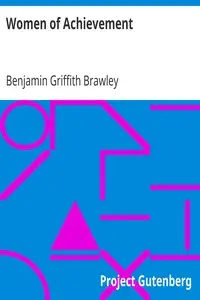
Women of Achievement Written for the Fireside Schools
By Benjamin Griffith Brawley
"Woman of Achievement" by Benjamin Griffith Brawley is a historical account written in the early 20th century that highlights the significant contribu...
Genres
Released
2012-02-07
Formats
epub
mobi
epub3 (images)
epub (images)
mobi (images)
Free Download
Overview
About the Author
Benjamin Griffith Brawley was an American author and educator. Several of his books were considered standard college texts, including The Negro in Literature and Art in the United States (1918) and New Survey of English Literature (1925).
Total Reviews
10.0k
Total reviews from Goodreads may change





